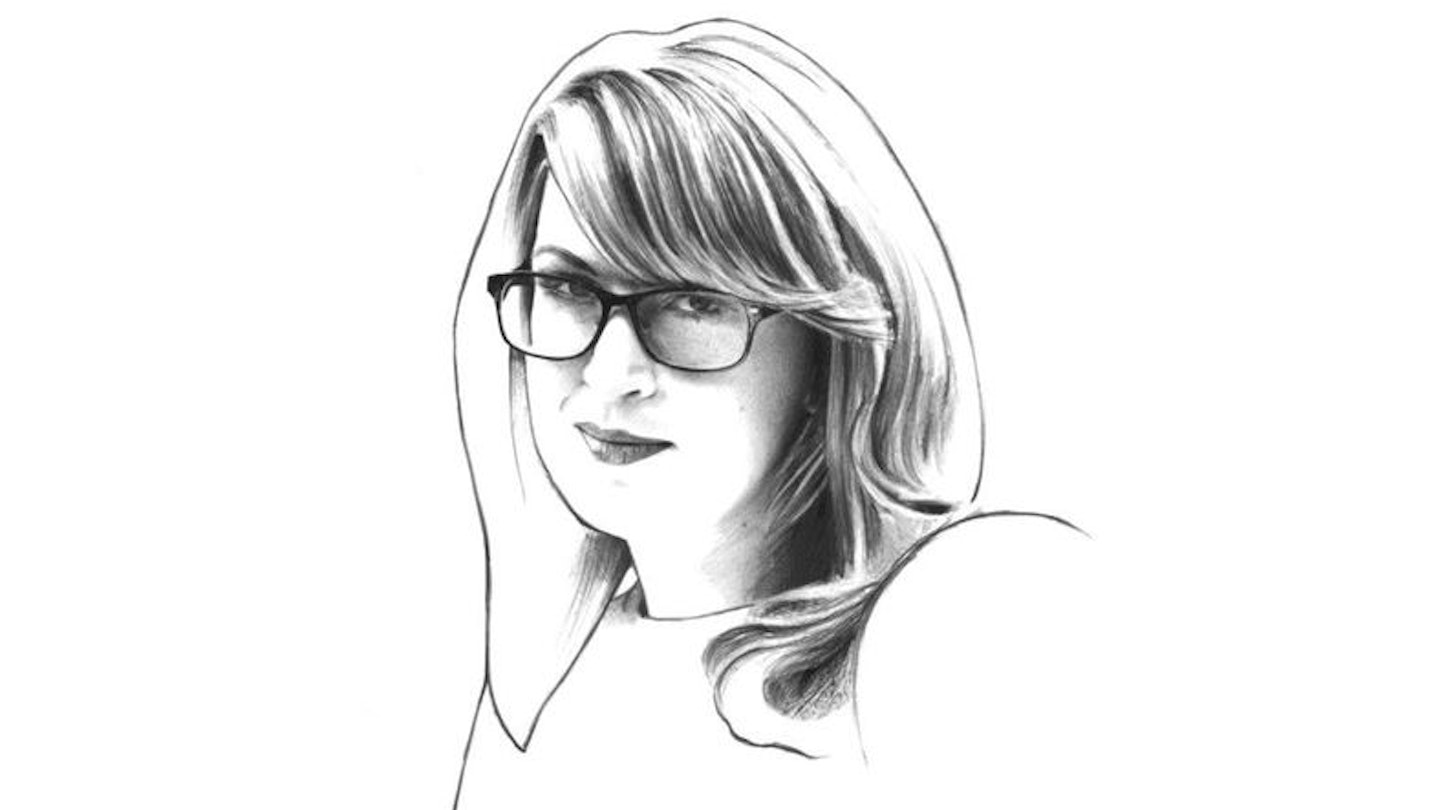Dear Daisy,
I am a teacher in Rwanda and I am really worried because girls in my class are dropping out when they get their periods for the first time. So many of them don’t know what is happening to their bodies as it’s not the norm to talk about your body. Or, they can’t afford sanitary towels and so end up missing out four to five days a month and end up falling behind. When they leak they don’t have any new clothes to change into and boys tease them so they feel too embarrassed to come in. I don’t know what to do. Please help.
Marie-Grace
Hi Marie-Grace,
I’m so glad that you wrote about this, and I’m so sorry that so many young women are struggling. All over the world, women have difficult relationships with their bodies for different reasons. I remember how frightening it felt when I started menstruating, and I was lucky enough to go to a school which taught us about it, as well as having a Mum who felt it was really important for me to know what to expect, and didn’t want me to worry. I can only imagine how terrifying and bewildering it is for these young women, but I’m so happy that the ones you teach have you to guide them.
If it’s at all possible (and you might be doing this already) the best thing to do is to start a conversation about bodies. I don’t think it’s about basic biology as much as spreading the message that no-one should ever feel ashamed of anything their body does - that change is terrifying, but it’s usually nothing to worry about, and if ever they are worried about anything, it’s always OK to ask and they don’t need to worry about being judged. Even here in the UK, I think that sex education sometimes feels a little bit abstract. If you’re lucky, you’ll see a diagram of the uterus which looks a little bit like an embellished Peruvian hat, and a read faced teacher will mutter “Wear a condom, yeah?” before hiding in a stationery cupboard to look for a 1970s video about sperm. Maybe you could introduce the topic by talking about the different attitudes to health and bodies around the world - and talk about how growing menstrual hygiene awareness has made a huge, positive difference to the lives of women.
Also, this is an issue that affects everyone - young men and young women alike. By making it clear that menstruation is nothing to be ashamed of, you’ll be sending a message to the boys that teasing the girls is unacceptable. Together, we all need to work towards a world in which, when it comes to our bodies, there are no stupid questions, only learning opportunities. And as you know as an educator, school is the biggest learning opportunity of all. It’s vital that young women know that education is the most important, empowering part of their lives and that they don’t feel as though anything can stand in the way of their chance to learn and grow.
You mention the many practical problems that your students face, from struggling to afford sanitary protection to needing clean clothes to change into. This is a difficult problem to fix, as it requires financial resources that are beyond the reach of many schools. But the charity ActionAid is currently pilotting a scheme in Rwanda which provides safe rooms in schools. These are little three-room houses that have a room to sit in and chat to a matron, an area stocked with supplies and clothes in case of an accident, a bedroom to rest in if a girls is in pain and a bathroom and shower. The rooms also provide room for girls to learn about sex education, periods and what their rights are in a safe, private space. ActionAid is prioritising schools in rural areas where there are high levels of teenage pregnancy and violence against girls, in order to ensure help is available to those who need it.
Ultimately, when you’re a teacher in a developing country, you’re already doing so much to help. But it’s a global responsibility, and those of us who are lucky enough to access sanitary wear and health information need to do everything we can to support the people who are struggling. Globally, poverty affects women more than anyone else. UNESCO estimates that in Africa, 1 in 10 girls miss school during their period, but attendance improves when they have access to sanitary pads and education. Keeping girls in school means that they’re in a better position to build safe, happy futures for themselves. It’s that simple.
Ultimately, teachers like Marie-Grace are stuck with a problem that’s hard to solve without help from charities like Action Aid. The charity works in 45 countries to achieve lasting change by getting girls to stay in school, working with communities to end gender-based violence, and training women in the skills they need to earn a living. Supporting them supports teachers like Marie Grace and her students, and means that many schools in developing countries will be able to experience the benefit of safe rooms. Menstrual Hygiene Day falls on May 28 - you can support the health and reproductive rights of women all over the world by donating to Action Aid here.
